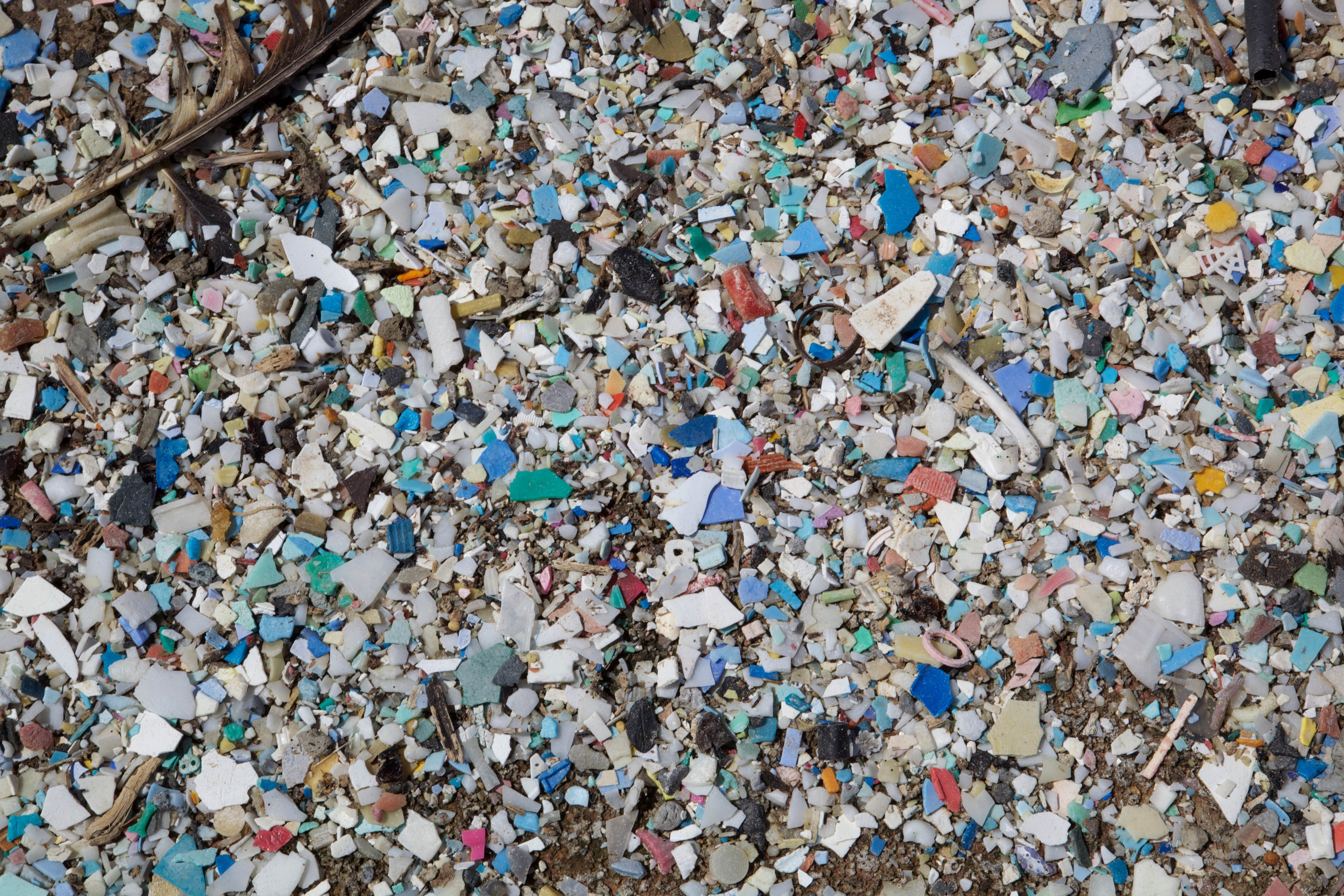News release
From:
Billions of Plastic Items Are Sickening Coral Reefs
A new study estimates that 11.1 billion plastic items are lodged along coral reefs across the Asia-Pacific, and that their presence increases the risk of coral disease from 4% to 89%, in some cases. Although millions of metric tons of plastic waste enter the ocean in a single year, the resulting effects on coral health are unknown. With more than 275 million people relying on coral reefs for food, coastal protection, tourism income, and cultural importance, moderating disease outbreak risks in the ocean is critical. Here, Joleah Lamb and colleagues surveyed 124,000 reef-building corals from more than 150 reefs in the Asia-Pacific region between 2011 and 2014. They found plastic on one-third of the coral reefs surveyed, with reefs near Indonesia loaded with the highest concentrations of plastic items, and Australian reefs exhibiting the lowest concentration. The presence of plastic was associated with a 20-fold increased risk of disease in general, particularly skeletal eroding band disease, white syndromes, and black band disease. The authors cite previous research finding that plastic debris can stress coral by inducing light and oxygen deprivation, thereby giving pathogens a foothold for invasion. Lamb et al. found that some types of coral were more susceptible to plastic than others. For example, plastic debris was eight times more likely to be found on reef corals with greater structural complexity (e.g., exhibiting tabular or branching structure). Based on projections of plastic waste input into the ocean, the authors suggest that the number of plastic items snagged on Asia-Pacific corals may increase from 11.1 billion, as identified here, to 15.7 billion plastic items by 2025.
Expert Reaction
These comments have been collated by the Science Media Centre to provide a variety of expert perspectives on this issue. Feel free to use these quotes in your stories. Views expressed are the personal opinions of the experts named. They do not represent the views of the SMC or any other organisation unless specifically stated.
Bette Willis is Emeritus Professor in the College of Science and Engineering at James Cook University and a Chief Investigator in the ARC Centre of Excellence for Coral Reef Studies
Bleaching events are projected to increase in frequency and severity as ocean temperatures rise. There’s more than 275 million people relying upon coral reefs for food, coastal protection, tourism income, and cultural significance. So moderating disease outbreak risks in the ocean will be vital for improving both human and ecosystem health.
Dr Joleah Lamb is an affiliate of the ARC Centre of Excellence for Coral Reef Studies at James Cook University and Post doctoral Research Fellow at Cornell University
We examined more than 120,000 corals, both plastic-free and with plastic present, on 159 reefs from Indonesia, Australia, Myanmar and Thailand. We found that the chance of disease increased from 4% to 89% when corals are in contact with plastic. We don’t know the exact mechanisms, but plastics make ideal vessels for colonizing microscopic organisms that could trigger disease if they come into contact with corals. For example, plastic items such as those commonly made of polypropylene, like bottle caps and toothbrushes, have been shown to become heavily inhabited by bacteria that are associated with a globally devastating group of coral diseases known as white syndromes.
We estimate there are 11.1 billion plastic items on coral reefs across the Asia-Pacific and forecast this to increase by 40% within seven years. That equates to an estimated 15.7 billion plastic items on coral reefs across the Asia-Pacific by 2025.



 Australia; QLD
Australia; QLD



